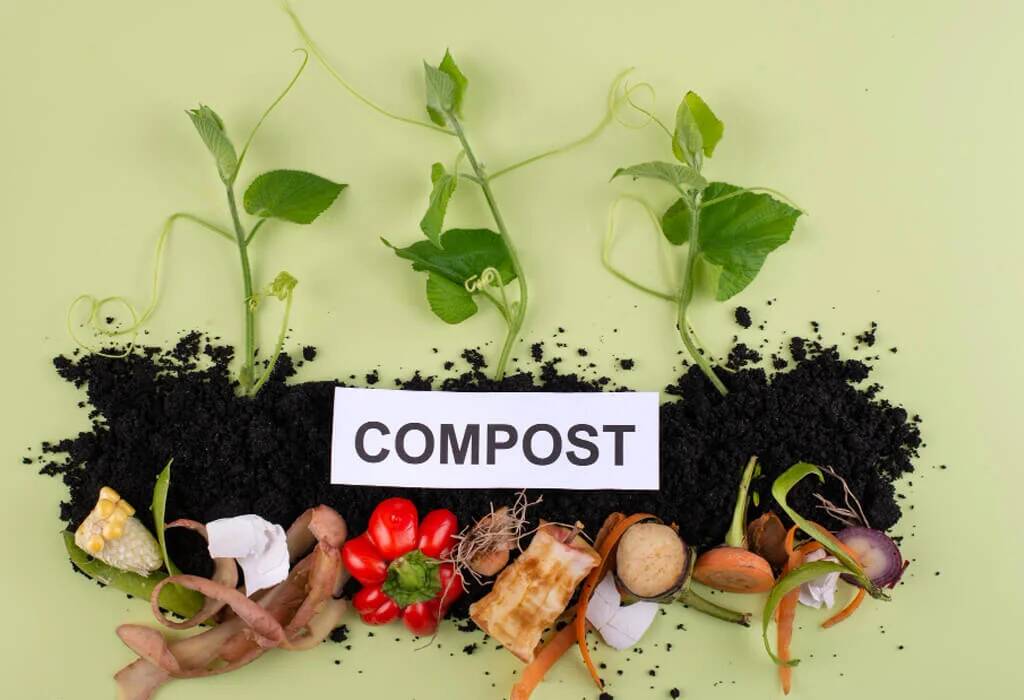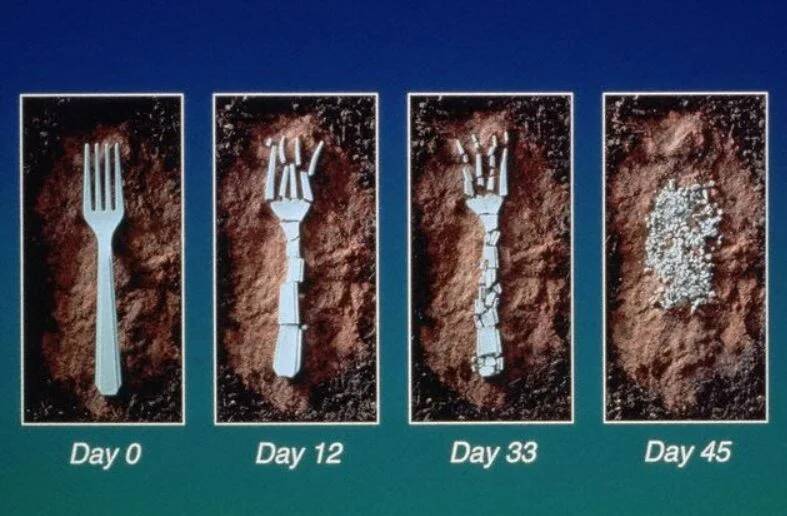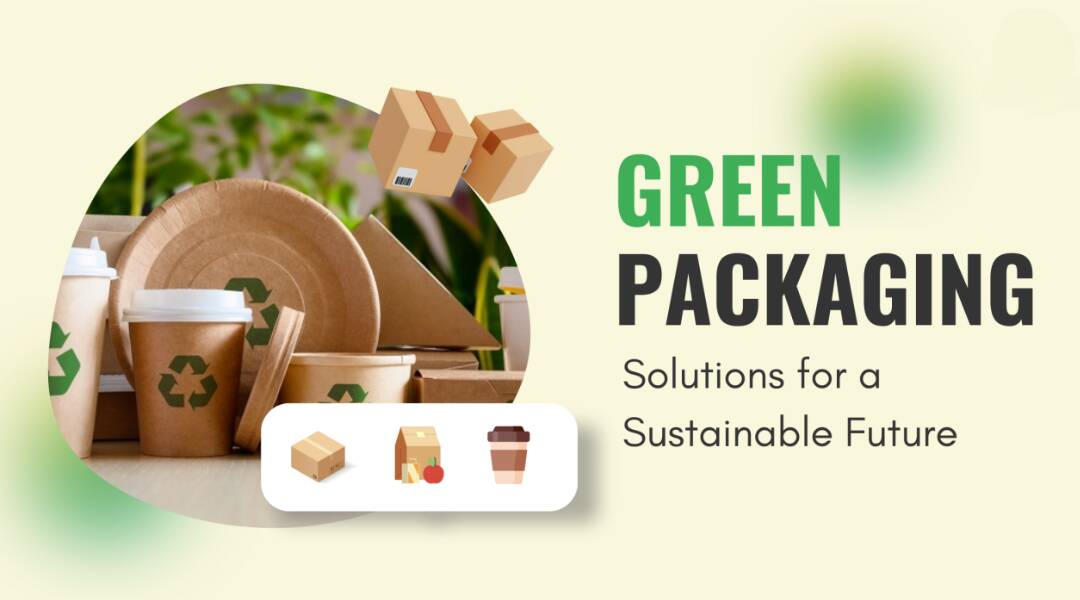The term "compostable" has gained significant attention in an era focused on sustainability. But what does "compostable" really mean? And how do compostable products benefit the environment?

What Does "Compostable" Mean?
A product is labeled compostable if it decomposes into natural elements in a composting environment. Unlike regular plastics, compostable materials are typically made from organic and renewable sources such as plant waste, bagasse, cornstarch, and PLA plastic. These materials break down much faster and fully return to the earth, enriching the soil with valuable nutrients.

Compostable Products vs. Biodegradable Products
Though the terms compostable and biodegradable are often used interchangeably, they have key differences:
- Compostable products break down quickly, usually within 100 to 160 days in a proper composting environment, leaving behind rich, nutrient-filled compost.
- Biodegradable products may take years to degrade and don’t always break down into eco-friendly materials.
This makes compostable items a more sustainable option for eco-friendly packaging, food service products, and daily-use items like compostable bags and cutlery.
Popular Compostable Materials
Some of the most common materials used in compostable products include:
- Bagasse: A byproduct of sugarcane processing, used to make eco-friendly plates, bowls, and food packaging.
- Cornstarch: Widely used in producing compostable containers and shopping bags.
- PLA plastic: A plant-based plastic made from renewable resources like cornstarch or sugarcane, which breaks down in commercial composting facilities.
Why Should You Choose Compostable Products?
Choosing compostable packaging and materials benefits both the environment and businesses:
- Fast decomposition: Compostable materials break down quickly, reducing the burden on landfills.
- Soil health: As compostable products decompose, they create rich compost that nourishes the soil.
- Eco-friendly products: Compostable options reduce plastic waste and minimize carbon footprints, aligning with the growing demand for sustainable packaging and environmentally friendly materials.

Benefits of Compostable Packaging for Businesses
For industries like food service, agriculture, and retail, switching to compostable packaging can enhance brand image and reduce waste. Consumers are increasingly seeking eco-friendly alternatives to conventional packaging, and by offering compostable bags or containers, businesses can appeal to this demand while supporting a circular economy.
Conclusion
Compostable products are a step towards a more sustainable future, providing an eco-friendly solution to plastic pollution. As a leading player in the compostable materials industry, Tirupathi Hydrocarbon offers a range of innovative, environmentally responsible solutions that help businesses reduce their environmental impact.
Explore our range of compostable packaging and materials to make a positive contribution to the planet and join the growing movement towards sustainability.
